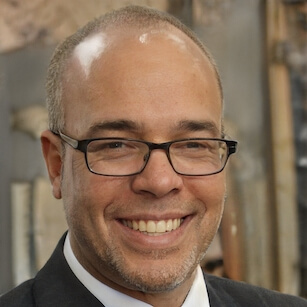Next, I identify the project stakeholders and establish clear communication channels. This helps me ensure that everyone involved is on the same page and has a voice in the decision-making process. In a project I worked on recently, we found that having regular check-ins with stakeholders helped us quickly address any concerns or changes in direction.
After that, I create a detailed project plan, including a timeline, budget, and resource allocation. This helps me manage the project effectively and ensures that we stay on track throughout its lifecycle. My go-to tool for this is a Gantt chart, which helps me visualize the project's progress and make adjustments as needed.
Finally, I identify potential risks and develop contingency plans to mitigate them. This helps me stay prepared for any unexpected challenges that may arise during the project.










